Table of Contents
As the Group of Seven (G7) prepares for its 51st summit in June 2025, one topic stands out: critical minerals. These minerals are essential for the global clean energy transition, yet the world faces growing risks due to vulnerable supply chains and the dominance of China in the critical mineral market. The G7 nations, recognizing this challenge, have pledged to bolster mineral security, particularly in the Global South, where much of the world’s critical mineral resources are located.
This blog delves into the growing minerals security concerns, the G7’s response, and the steps they must take to de-risk investments and ensure sustainable supply chains in the face of rising competition from China.
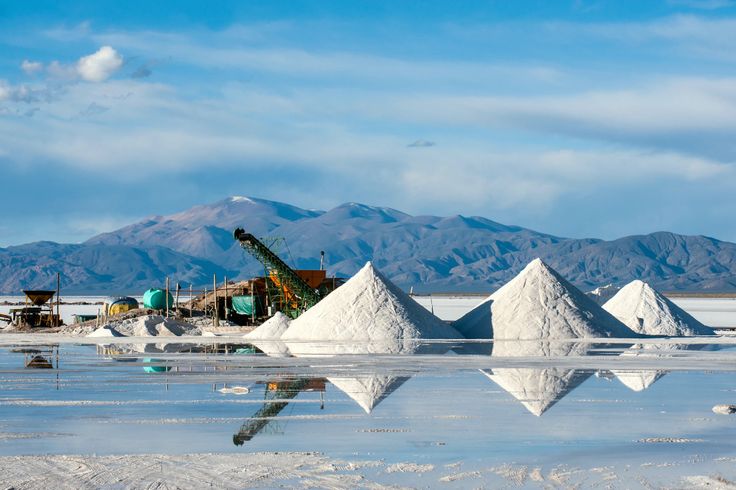
The Critical Role of Minerals in the Clean Energy Transition
Critical minerals such as lithium, cobalt, rare earth elements (REEs), and nickel are crucial for electric vehicle batteries, renewable energy technologies, and electronics. These minerals are at the heart of the green revolution. However, as G7 nations seek to secure these resources for their green energy futures, they face a growing geopolitical struggle.
China currently dominates the global critical mineral supply chains, controlling up to 90% of the processing of key minerals. Over the last decade, China’s investments in mining and infrastructure projects across Africa, Asia, and Latin America have allowed it to secure long-term access to these vital resources. In 2023 alone, China invested $16 billion in overseas mining projects, marking a significant increase in its market share.
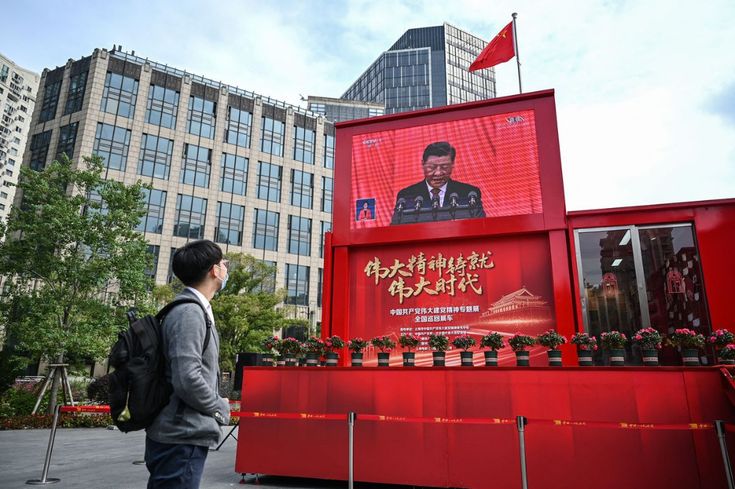
G7’s Strategic Challenge: Addressing China’s Monopoly
The G7—comprising Canada, France, Germany, Italy, Japan, the United Kingdom, and the United States—has acknowledged the growing risks posed by this Chinese dominance. The group has emphasized the need for diversified supply chains to avoid the economic and security risks that come with over-reliance on a single supplier, especially China.
While China’s state-owned enterprises are largely insulated from the financial risks of these investments, many Western private investors shy away from critical mineral projects in the Global South due to high risks, long timelines, and political instability. Without the backing of a collective, multilateral action, China will continue to expand its influence over the mining sector globally, locking G7 countries out of some of the most critical projects.
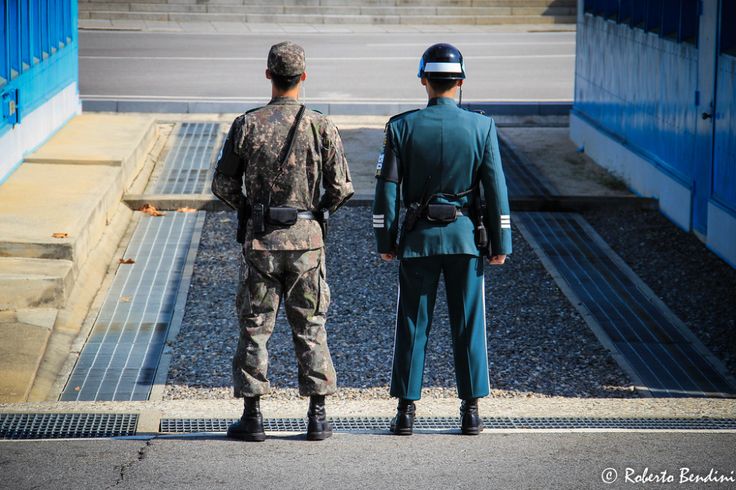
The G7’s Response: Joint Investment for Long-Term Security
To counter this, the G7 must pool resources and invest collectively in the Global South to de-risk critical mineral projects and encourage private investment. As it stands, the G7’s investment in these resources is underwhelming. In 2023, G7 countries committed just $13 billion to global mineral initiatives—a far cry from the estimated $590 billion to $2 trillion required by 2040 to ensure mineral security.
To address this gap, G7 members must establish a Critical Minerals Investment Fund. This fund would pool capital from all seven nations, enabling targeted investments in high-priority projects. These projects would include infrastructure development, power transmission, and processing facilities, along with securing offtake agreements to guarantee the flow of critical minerals to G7 countries.
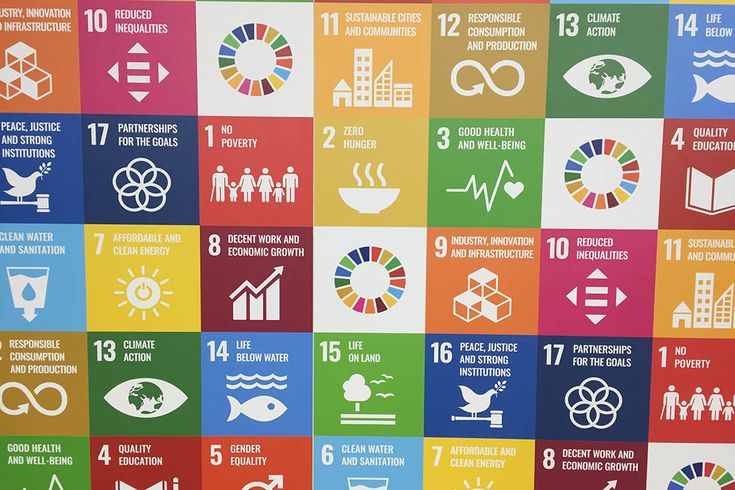
Current G7 Initiatives: Progress and Limitations
Partnership for Global Infrastructure and Investment (PGI)
Launched in 2022 as a part of the G7’s commitment to global infrastructure, the PGI aims to invest $600 billion over five years. One significant project under the PGI is the Lobito Corridor, which will link Angola, Zambia, and the Democratic Republic of the Congo (DRC) to global markets. This $6 billion project will improve transportation infrastructure, making it easier and cheaper to transport key minerals like cobalt, rare earths, and lithium to the U.S. and Europe.
However, political hurdles and funding delays under the Trump administration have posed challenges for the successful execution of this project. The Lobito Corridor is slated to begin in 2026, but significant roadblocks remain.
Minerals Security Partnership (MSP)
Another key initiative, the Minerals Security Partnership (MSP), brings together G7 countries and allies like India, South Korea, and Estonia to support strategic mineral projects. While MSP has made strides in funding projects across the globe—such as a $40 million investment in a graphite mine in Tanzania—its current efforts are relatively modest in scale. The fragmented investments fail to create the large-scale, vertically integrated supply chains that are necessary to compete with China’s dominance.
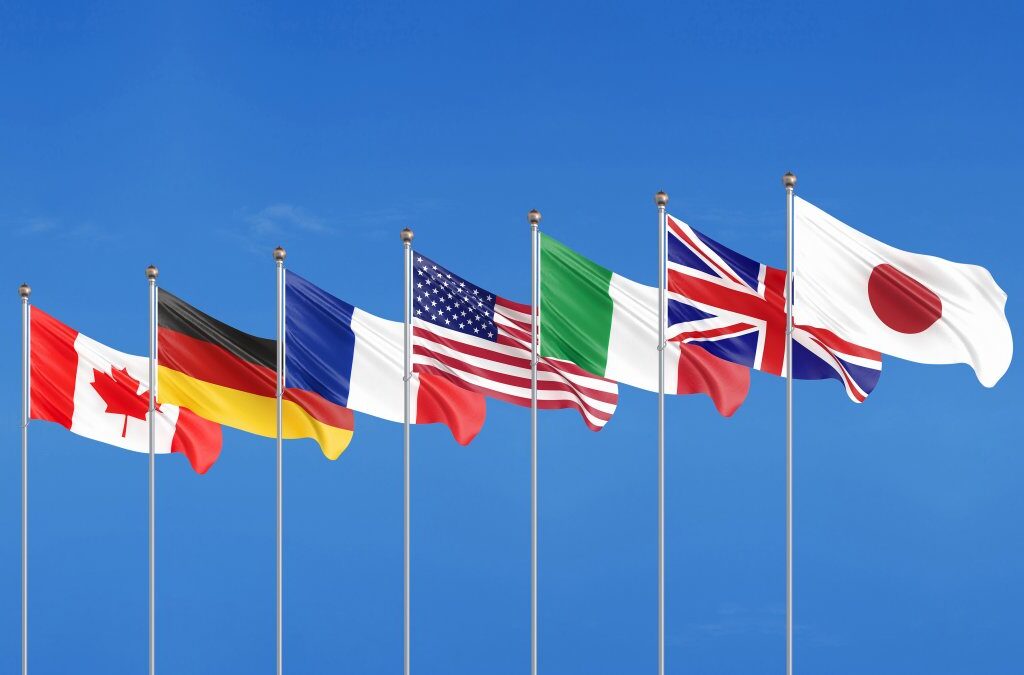
The Need for Strategic Investments: Case Studies
Vietnam: A Rare Earths Opportunity
Vietnam holds vast untapped potential in its rare earth sector. With the world’s second-largest rare earth reserves, the country could challenge China’s monopoly. However, despite a memorandum of understanding signed between President Biden and Vietnam in 2023, investments in the country’s rare earth resources have been slow to materialize.
A multibillion-dollar pooled investment from G7 nations into Vietnam’s rare earth industry could provide the capital and political backing necessary to break China’s hold over the market and create a new source of critical minerals for Western supply chains.
Namibia: A Key Uranium Source
Namibia is a major player in global uranium production, yet 77% of its uranium exports go to China. The G7 must prioritize investments in Namibia’s uranium sector to secure stable uranium supplies for nuclear energy production in G7 countries. By supporting Namibia’s uranium mining and processing capabilities, G7 nations can reduce their dependence on China and Russia, the two major powers in uranium enrichment.
Democratic Republic of the Congo: Cobalt and Copper
The DRC is home to some of the highest-grade copper and cobalt deposits in the world. Cobalt, crucial for electric vehicle batteries, is especially important for Western nations. However, Chinese dominance in the DRC’s mining sector has left many Western companies unable to secure reliable supplies of these essential minerals.
The G7 must invest in both the upstream production and midstream processing of cobalt and copper in the DRC. By doing so, they can break China’s stranglehold on these critical resources and ensure a more stable supply chain for Western industries.

Conclusion: Strengthening Global Mineral Security
To ensure a stable and secure future for critical mineral supply chains, the G7 must shift from diplomatic gestures to concrete, capital-backed action. By pooling resources, selecting strategic projects, and ensuring guaranteed offtake agreements, the G7 can ensure reliable access to rare earths, lithium, cobalt, and uranium. These actions will not only strengthen the security of the G7 but also provide a strong counterbalance to China’s growing influence over global mineral resources.
Author Profile

- Li Li, associate professor and master’s supervisor at Southwest University. B.A. in English for Education from Southwest Normal University, M.A. in English Translation and Interpretation from China Foreign Affairs University, Ph. D. in Japanese Cultural History from Nankai University (all above are in China). Also has studied at Osaka Sangyo University and Kokugakuin University in Japan and been a Fulbright visiting scholar to Western Kentucky University in US. A multidisciplinary and versatile instructor with a trilingual mastery of Chinese, English and Japanese, known for Combining foreign language teaching with history and humanity cultivation. Academic researches center on Japanese history, international relations and Western culture studies. Work experiences include teaching at Capital Normal University, Chongqing Normal University, and Southwest University. Has published multiple academic papers, translated works, authored or co-edited several textbooks and monographs; provided language services for several high-level and high-profile international events.
Latest entries
 GeopoliticsAugust 22, 2025The Limits of Russia’s Friendship: Moscow’s Calculated Response to the Iran Crisis
GeopoliticsAugust 22, 2025The Limits of Russia’s Friendship: Moscow’s Calculated Response to the Iran Crisis Japanese PoliticsJuly 22, 2025Japan’s Upper House Election: Prolonged Instability and Its Impact on Domestic and Foreign Policy
Japanese PoliticsJuly 22, 2025Japan’s Upper House Election: Prolonged Instability and Its Impact on Domestic and Foreign Policy Middle East AffairsJuly 20, 2025Will Israel Ever Face Consequences for Bombing Its Neighbours?
Middle East AffairsJuly 20, 2025Will Israel Ever Face Consequences for Bombing Its Neighbours? Energy & ClimateJuly 13, 2025Iran Conflict: Four Lessons Learned for the Oil Market
Energy & ClimateJuly 13, 2025Iran Conflict: Four Lessons Learned for the Oil Market



1 comment
This is such an insightful and well-articulated perspective. Your analysis brings clarity to a complex issue, making it engaging and thought-provoking. I appreciate how you balance depth with accessibility—looking forward to reading more of your work!